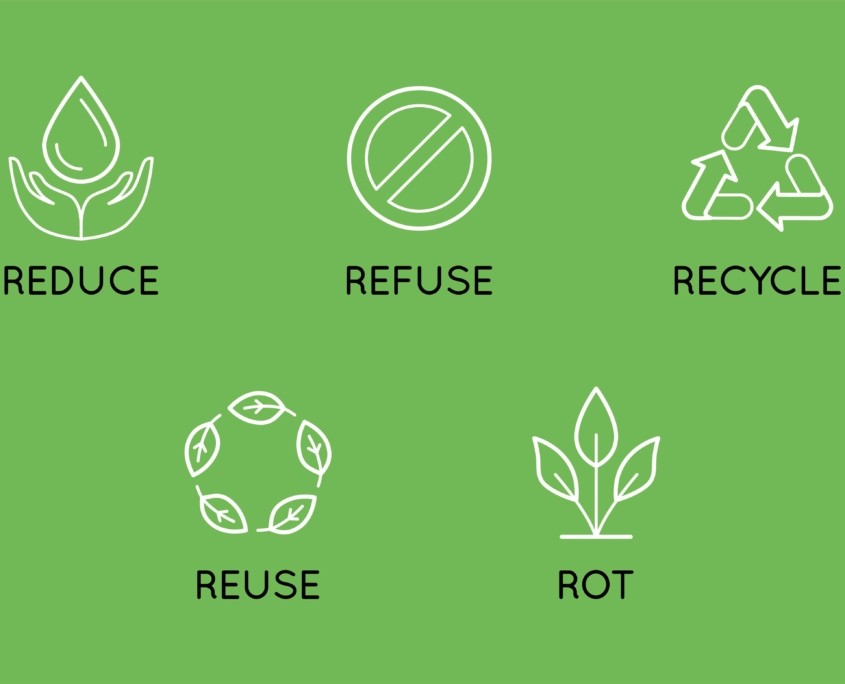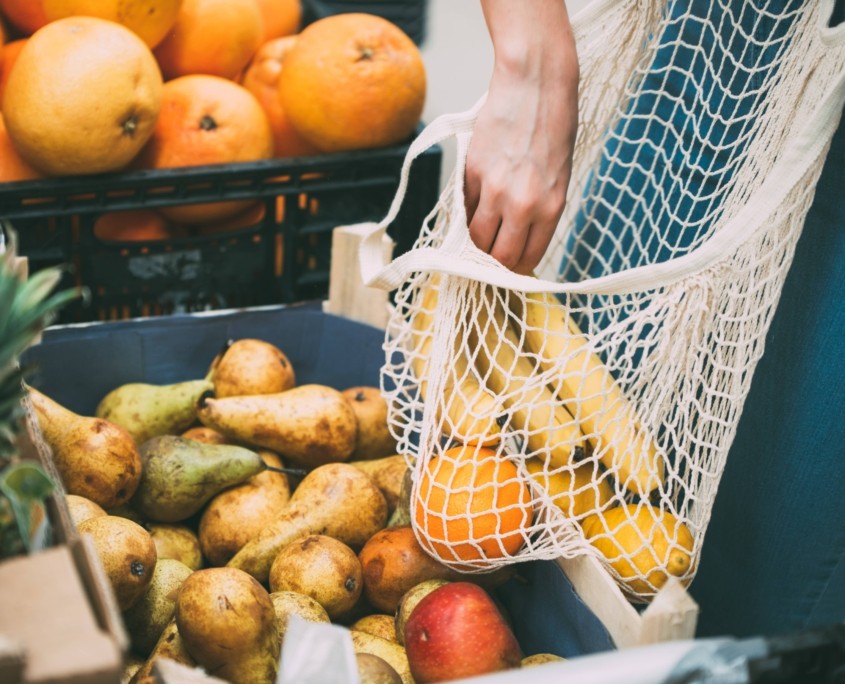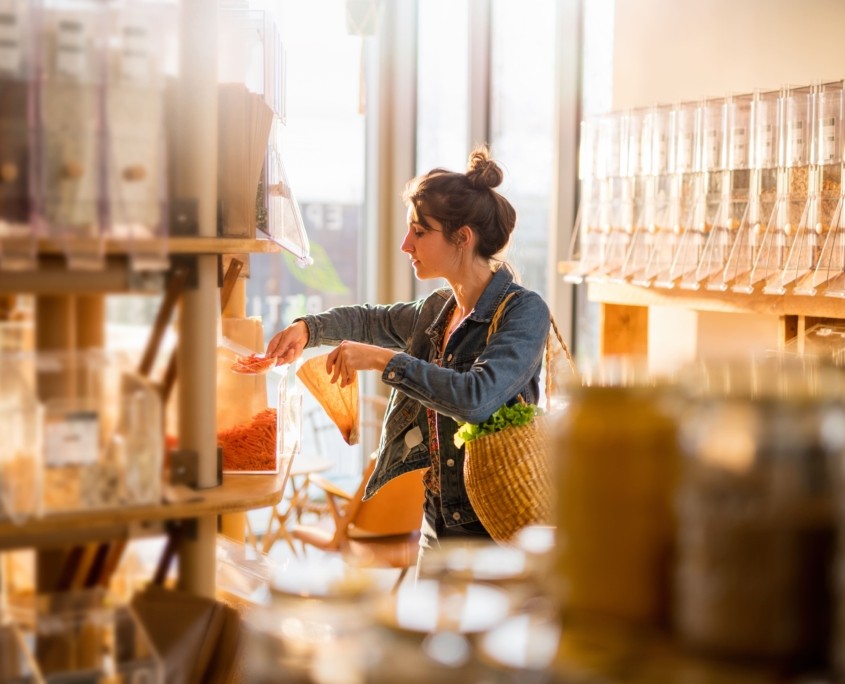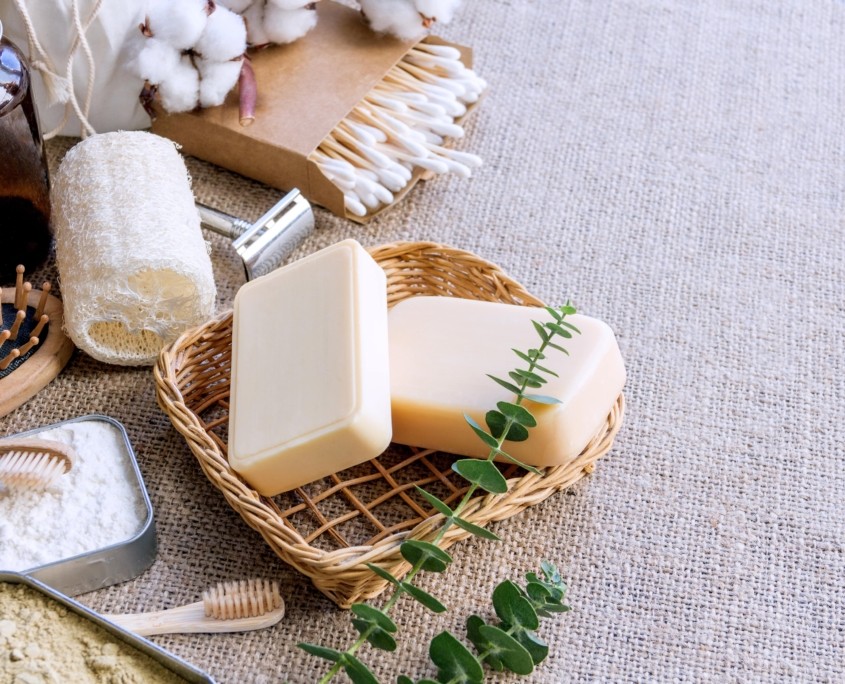Zero Waste for beginners: Tips to reduce waste
Written by Christina Pichler, Dec 29, 2022
Our planet is drowning in waste. Almost every single product, from groceries and electronic devices to furniture, is neatly packaged. This packaging is practical for transporting but harmful to the environment. On average, we produce 1.5 kg of waste per day. These daily amounts of waste we produce add to gigantic amounts of waste. However, our resources are limited and zero waste is a solution-oriented way of living that reduces waste, saves resources and protects the environment.











